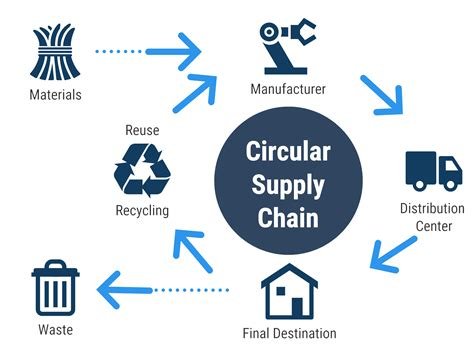Sustainability has become a pressing issue in recent years, and companies are striving to find ways to reduce their carbon footprint, increase efficiency and profitability, and mitigate the risks of supply chain disruptions. Sustainable supply chain management (SSCM) has emerged as a concept that involves integrating environmental, social, and economic factors into every stage of the supply chain, from the sourcing of raw materials to the disposal of products. However, the challenges of implementing sustainable supply chain management are numerous and complex, as companies need to balance multiple factors to achieve sustainable outcomes.
The lack of transparency and visibility in supply chains is one of the main challenges in SSCM. This lack of transparency makes it challenging for companies to ensure that sustainability standards are being met throughout the entire supply chain. Additionally, the lack of trust between supply chain partners can make it difficult to collaborate and share information, which can lead to inefficiencies and increased costs.
Sustainability initiatives can also be costly and difficult to implement, with many companies being hesitant to invest in sustainable supply chain management due to the high upfront costs and the lack of immediate returns on investment. However, blockchain technology can help address some of the challenges of SSCM, providing a secure and transparent way of recording transactions that can increase visibility, trust, and efficiency in supply chains.
Blockchain technology offers numerous benefits for SSCM, including traceability, transparency, trust, efficiency, and decentralization. By recording every transaction on the blockchain, companies can track products from the sourcing of raw materials to the delivery of the final product, ensuring that sustainability standards are met throughout the entire supply chain. Blockchain technology can also provide a secure and transparent way of sharing information between supply chain partners, increasing trust and collaboration. Additionally, blockchain technology can increase efficiency in supply chains by reducing the need for intermediaries and paperwork, which can lead to reduced costs and increased efficiency.
Furthermore, blockchain technology offers the benefits of decentralization, reducing the risk of supply chain disruptions and increasing the resilience of supply chains. With a decentralized supply chain network, suppliers can respond to disruptions quickly and efficiently, ensuring that products are delivered on time.
There are several examples of companies that are using blockchain technology in sustainable supply chain management. BHP, one of the world’s largest mining companies, is using blockchain technology to increase transparency in its supply chain, tracking the origin of its raw materials from the mine to the smelter. Walmart is using blockchain technology to increase traceability and transparency in its food supply chain, tracking the origin of its food products from the farm to the store. Additionally, VeChain is a blockchain-based supply chain management platform that is focused on sustainability, tracking the origin of products from raw materials to finished goods.
In conclusion, sustainable supply chain management is a critical issue for companies that are committed to sustainability and social responsibility. While it is a complex and challenging process, the integration of environmental, social, and economic factors into every stage of the supply chain can reduce carbon footprint, increase efficiency and profitability, and mitigate supply chain risks. Blockchain technology can help address the challenges of SSCM, providing a secure and transparent way of recording transactions that increases visibility, trust, and efficiency in supply chains. By using blockchain technology, companies can create a more sustainable and socially responsible supply chain network that benefits all stakeholders, from suppliers to customers.
Google News | Telegram
















